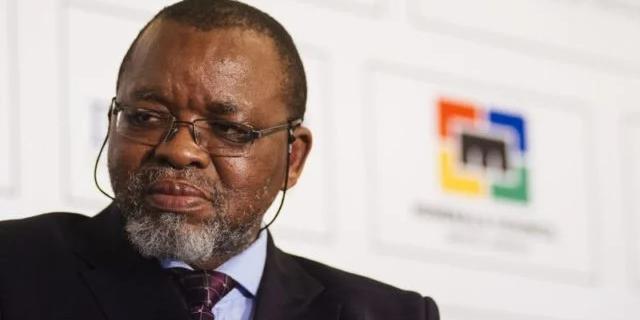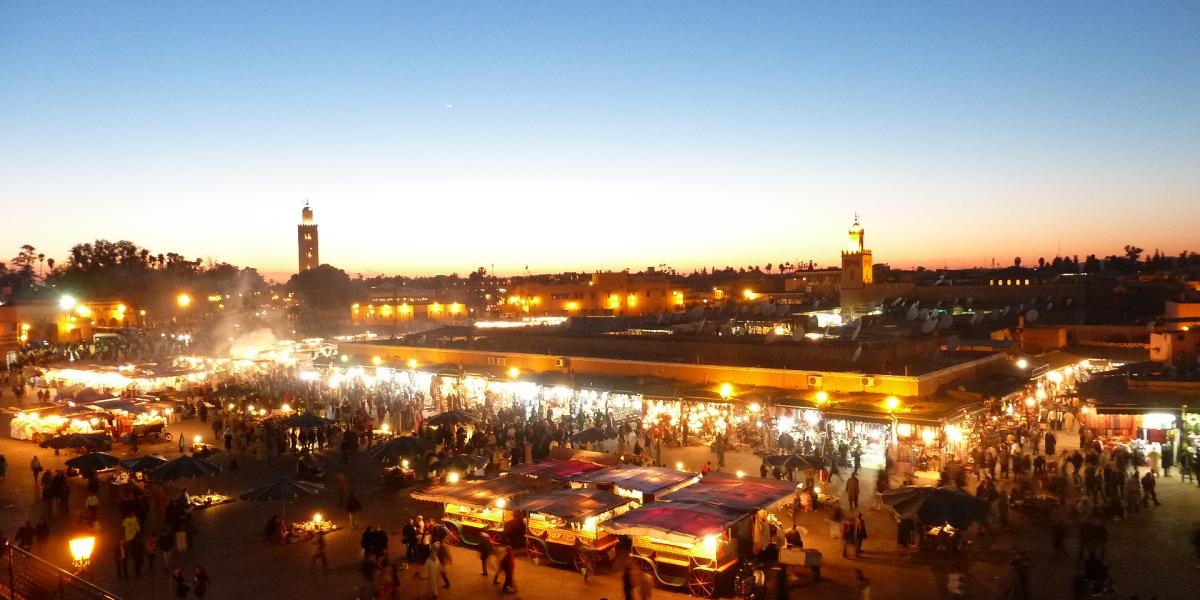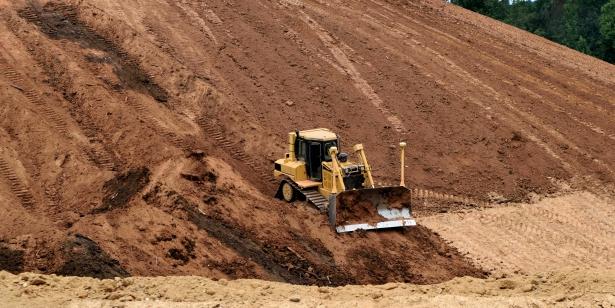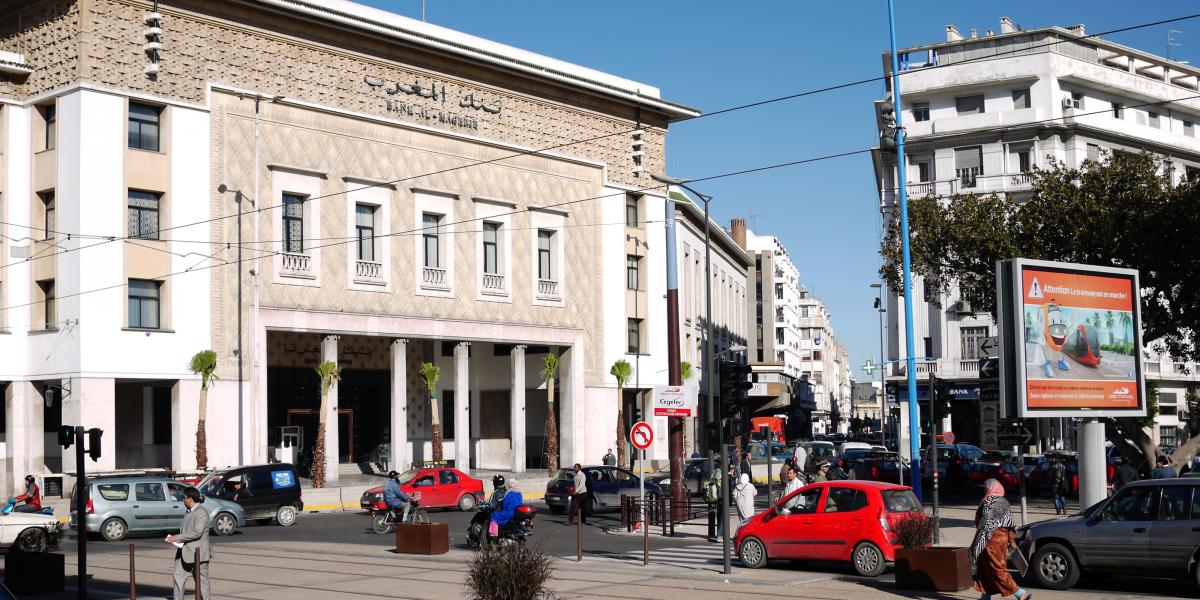South Africa : Government plans to ‘localise’ petrol in South Africa to lower costs
- 24 March 2022 / News / 497 / Fares RAHAHLIA

One of the only ways that South Africa can reliably lower the cost of fuel is by localising its energy production over the long term, says Mineral Resources and Energy minister Gwede Mantashe.
Mantashe was responding in a recent parliamentary Q&A in which he was asked about his department’s plans to mitigate the country’s record-high fuel prices.
“The reality of fuel prices is that it is highly dependant on the prevailing price of crude oil. The current abnormal fuel prices are a result of two issues. The first is the ongoing conflict between Russian Federation, Ukraine and NATO countries broadly,” he said.
“The second cause of the high crude oil price is the approach adopted by the Organization of Petroleum Exporting Countries and their partners (OPEC+) to restrict the increase of crude oil production in an effort to support a higher crude oil price. The high fuel price is affecting all countries of the world.”
Mantashe noted that the government has decided not to increase the fuel levies as announced by the National Treasury in its 2022 February Budget – which will bring some reprieve to motorists.
“This is a significant sacrifice by government in realisation of the strain that the high fuel prices are placing on consumer and the public at large,” he said.
“We remain convinced that the exploration and production of oil and gas on our shores is the one intervention that will provide a lasting solution to the ever-volatile international crude oil prices.”
In a presentation to parliament on Tuesday (15 March), the Department of Mineral Resources and Energy said that increases of R2/litre should be expected over the coming period, with developing economies such as South Africa likely to see diminished economic growth.
If the situation deteriorates further, the department confirmed that it will consider introducing fuel limits – including restrictions on how many litres each motorist are allowed per visit.
It provided the example of a motorist being limited to 50 litres of fuel per petrol station visit. However, it said that this would largely be a ‘worst-case scenario’ and that the situation will hopefully be avoidable as diplomatic efforts between Russia and Ukraine continue.
source: businesstech
 English
English
 français
français
 العربية
العربية







